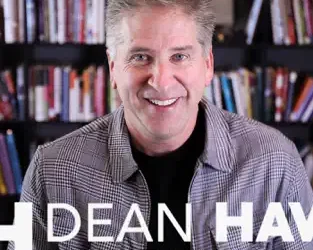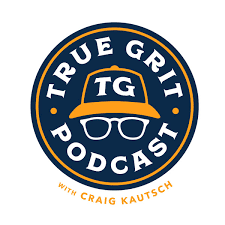We all want to live lives of passion, and no one desires a life without passion of some sort. Passion makes us feel alive. And beyond feeling good, passion can also help life work better. Let’s look at how it works, and how you can develop and use yours.
I define passion as “focused desire.” That is, it’s a positive feeling that indicates that we want more of some specific and particular experience. For example, you might feel passionate about a person you love, or a work context, or an awesome restaurant or a cause that can make the world a better place.
Passion not only feels great, as it releases positive-feeling hormones into our systems, it also helps life out in practical ways. First, it helps us persevere through challenges. For example, if you have little passion for your job, it’s very difficult to push through hard times. Having a work ethic helps. So does knowing that your work pays the bills, and so is serving some worthwhile purpose in life. But having passion for what you do provides a deeper incentive and motive to stick with something and see it through.
Secondly, passion helps us determine what matters to us. We have so many options in today’s culture, from relationships to jobs to entertainment and spiritual values. It can be overwhelming to scan through thousands of movies and tv shows to see what you want to watch. But passion is sort of a “highlighter” for you brain, that points out something specific that you find you have positive emotions about.
How can we have a more highly developed sense of passion? Here are some tips:
Identify what currently gives you passion. Look over your last month’s calendar, and review what people and experiences you engaged with, noting which ones provided passion for you. Write down a sentence on why that person or experience made you feel passionate. You will begin to see themes underneath what you have been doing, and that will help you gravitate toward more. For example, one of my kids mentioned he saw a musical that he liked. I knew a little about it, so I went online and listened to a few of the songs, finding one that I just became locked into, listening to it over and over again. It brought an intense passion to me, and I began looking up songs in that song’s genre, to have more of the same.
Be intentional about living in the moment. We are so busy these days that we forget mindfulness. It’s easy to get stuck in one of two places: stressing about the future, or getting too focused on the task at hand. We do need to be future-oriented, and we do need to get things done. But a life of only those two is a life of deficit. Every single day, stop whatever you are doing, and ask yourself what you are experiencing right now: Happiness? Stress? Frustration? Love? Don’t miss out on life. And this is where we also find passion, because passion is a kind of emotion.
Develop an emotional vocabulary. Learning the nuances of feelings will give your passion more options to be expressed. Some of us only know “happy” and “hungry.” My book People Fuel has a list of 110 feelings, in 10 categories, so you can navigate your way through them. You will find as you review these, that you are more able to feel passion, as the brain needs cognitive “hooks” to express itself.
Be with passionate people. Nothing creates apathy like hanging out with apathetic people. And nothing helps us find what brings us to life like being with people who have a focused desire on something important to them, and who are willing to talk about it with you. In other words, passion is contagious.
Find your own passions. They help everything work.
Best,
John






